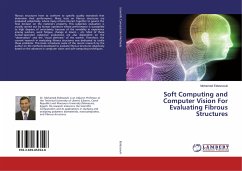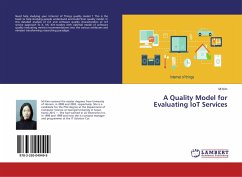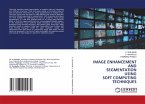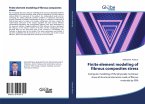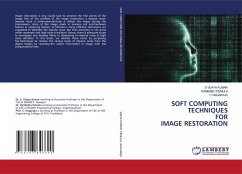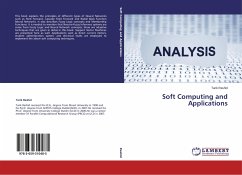Fibrous structures have to conform to specific quality standards that determine their performance. Many tests on fibrous structures are evaluated subjectively, where many criteria interact together to govern the final decision on the material's property. This subjective evaluation is usually carried out by human operators whose performance is susceptible to high degrees of uncertainty, because of the variability in experience among workers, work fatigue, change in mood..., etc. Most of these human-operated subjective evaluations are also dependent on the "observation" and the "visual alertness" of the worker. Therefore, the current research in evaluating fibrous structures was dedicated to tackle these problems. This book introduces some of the recent research by the author on the methods developed to evaluate fibrous structures objectively based on the advances in computer vision and soft-computing techniques.
Bitte wählen Sie Ihr Anliegen aus.
Rechnungen
Retourenschein anfordern
Bestellstatus
Storno

